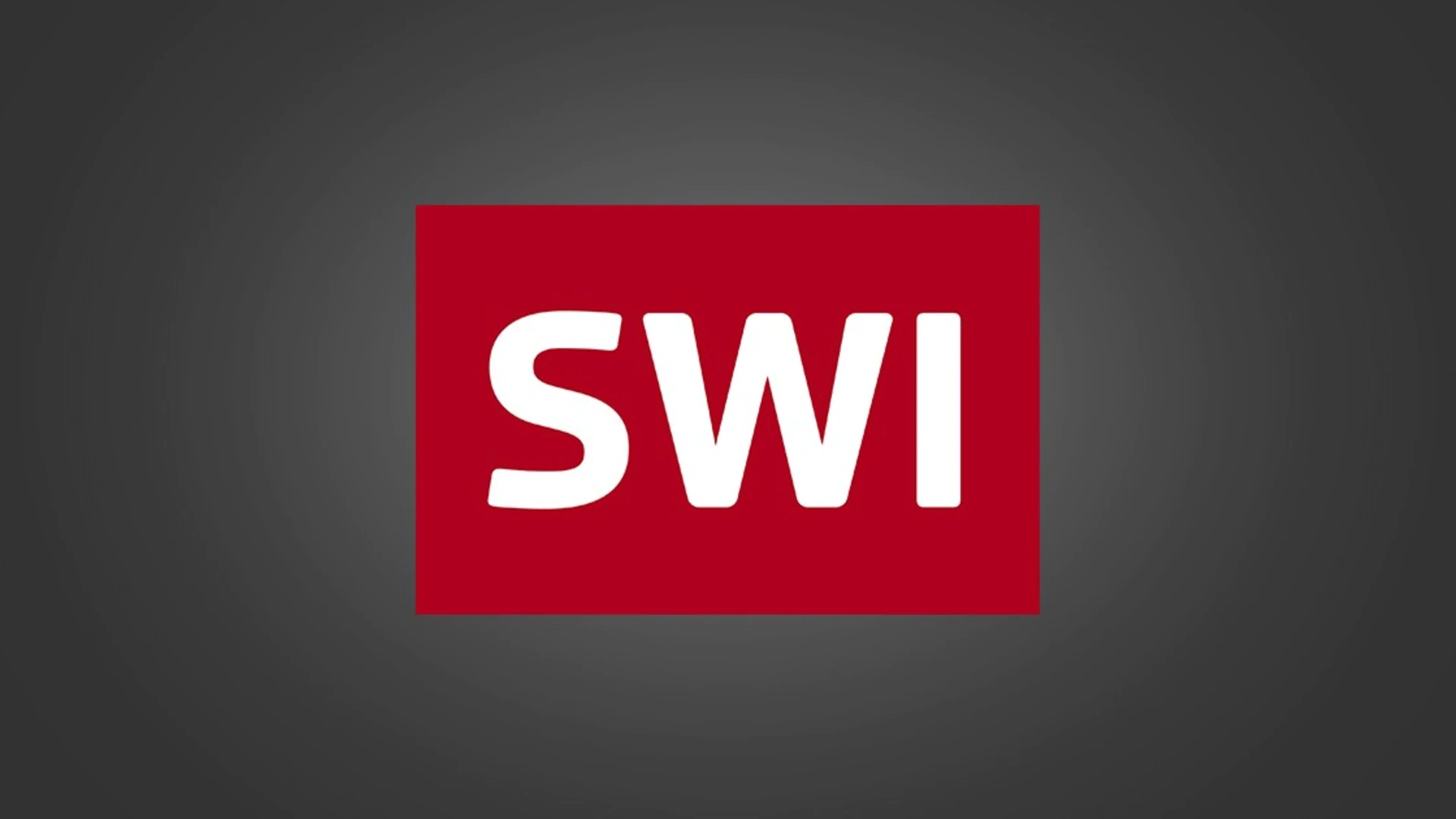This content was published on May 16, 2022 – 15:04 May 16, 2022 – 15:04
Mogadishu, 16 May (EFE).- Somalia’s new President Hassan Sheikh Mohamud on Monday began a four-year term with major challenges, such as fighting terrorism by the jihadist group Al Shabab, which controls part of the country, and the worst Drought for forty years that has caused a humanitarian crisis for millions of people.
Mohamud, who held the post of head of state from 2012 to 2017, returned to power after last night defeating outgoing President Mohammed Abdullahi Mohammed Farmaajo in three ballots held by indirect suffrage by Somali lawmakers at a joint bicameral session . of Parliament.
In a brief speech marking his victory, the new president, who became Somalia’s first president to repeat a non-consecutive command, pledged that he would work for “Somalia’s reconciliation” and that there would be no “vengeance” for the “wounds” of the past Years”.
Farmaajo came to power in 2017 and his term expires in 2021, but the vote has been postponed several times since last year due to political disputes, disagreements between clans and allegations of irregularities.
“Every time the election cycle ends there is always a lot of optimism, at least it means that the government should not be distracted and can focus on key issues again,” Omar Mahmood, an expert at the International Crisis Group (ICG), told Efe on Monday .
“But a changing of the guard alone is not enough. Somalia needs reconciliation and healing so that its elite have a shared vision for the way forward. Only then will meaningful progress be made,” Mahmood added.
THE SCOPE OF JIHADISM
One of these “key issues” is the fight against Al Shabab, a group that joined the Al Qaeda network in 2012 and is trying to overthrow the central government – backed by the international community – and use force to establish a Wahhabi-style Islamic state ( ultra-conservative).
In addition, the jihadist group, which repeatedly carries out bloody attacks in the capital Mogadishu, controls rural areas in central and southern Somalia.
Before the elections, Mohamud accused Farmaajo of not having stopped the terror group since he took office in 2017.
“Farmaajo promised when he took office in 2017 that he would eradicate al Shabab from Somalia in just two years. He has also promised victims of terrorism that his government will quickly compensate them. However, this has turned out to be yet another broken promise,” the new president wrote in an article published last month.
“Somalia should be better protected from Al Shabab in 2022 and better integrated and governed as a federal state,” Mohamud specified the problem of the jihadist group being fought by the Somali army, supported by the forces of the Union Transition Mission Africa in Somalia (ATMIS).
The newly elected ruler “seems determined to tackle the problem of Al Shabab more than the previous government,” political scientist Farhan Isak Yusuf, director of the Somali Public Agenda organization, told Efe today.
Yusuf recalled that during his first experience as president, Mohamud “fought against Al Shabab and liberated various areas of the country (under the power of the jihadists). The group controlled less territory during this tenure and the fight against it was active.”
MILLIONS OF STARVING DUE TO DROUGHT
Another complicated challenge awaiting the president is the severe crisis that has caused the worst drought in four decades and forced the Somali government last year to declare a “state of humanitarian emergency” on national territory.
Some 7.7 million Somalis – out of a total population of about 17 million – are food insecure due to the drought, the Intergovernmental Authority on Development (IGAD), an association of eight East African countries, warned on Friday.
However, according to Yusuf, “the case of famine (…) is something your government cannot contain due to the overwhelming security challenge, which will consume a lot of your government’s resources and energies.”
Today, Mohamud received congratulations on his election victory from key international partners, such as the European Union (EU), the African Union (AU), IGAD, the US, the UK, Turkey, Kenya or Ethiopia, who encouraged him to address these issues and bring peace and stability to the turbulent country on the Horn of Africa.
Britain’s Foreign Secretary for Africa, Vicky Ford, reiterated that London would continue to support “stability building” and work to “fight Al Shabab” and “those affected by the devastating drought” affecting the country. . .
Similarly, IGAD hoped the new ruler would “take on the tremendous task of uniting the Somali people and addressing other pressing national priorities, including safeguarding security gains, maintaining focus on the fight against Al Shabab and addressing the terrible ones.” humanitarian situation.
Somalia has suffered from a situation of conflict and chaos since the fall of dictator Mohamed Siad Barre in 1991, which left the country without an effective government and in the hands of warlords and Islamist militias, leading some experts to label it a failed state consider. . EFE
tu-pm-pa/pddp
(photo) (radio)
� EFE 2022. The retransmission and redistribution of all or part of the content of the EFE Services is expressly prohibited without the prior and express consent of Agencia EFE SA

